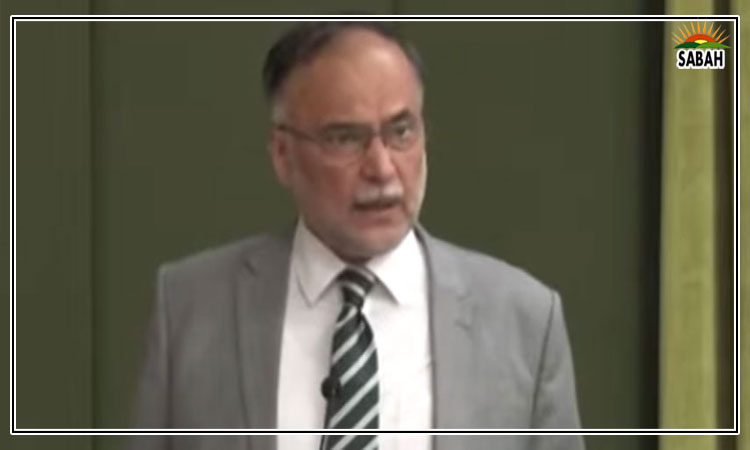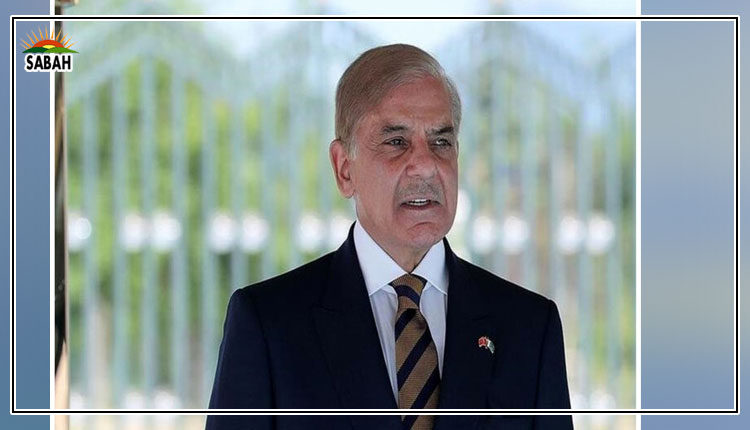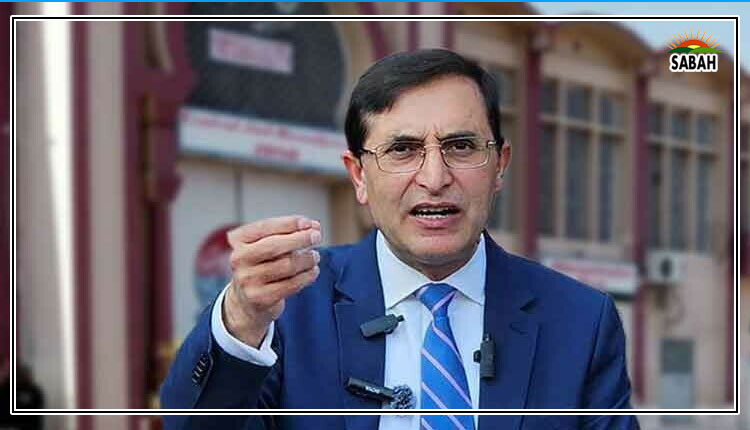Japan’s plan is safe…Ito Takeshi
As minister/deputy chief of mission of the Embassy of Japan in Pakistan, let me confirm Japans unwavering priority on safety. Japan will never discharge water that can harm humans or the environment. Safety is our top priority.
Since a devastating tsunami hit the Fukushima Daiichi Nuclear Power Station (FDNPS) after the Great East Japan Earthquake on March 11, 2011, tons of water had become contaminated with radioactive materials through its use for cooling of the fuel debris and natural contact.
Such contaminated water has been purified through the Advanced Liquid Processing System (ALPS), which can remove radionuclides, except for tritium. The safety of ALPS treated water has been confirmed by the International Atomic Energy Agency (IAEA), the worlds centre for cooperation in the nuclear field, promoting the safe, secure and peaceful use of nuclear technology, and multiple third-party organizations.
Water treated by ALPS, which has been sufficiently purified until the concentration of radioactive materials other than tritium is below the regulatory standard, will be further diluted before it is discharged into the sea. The concentration level of tritium in the water after dilution will be 1/40 of the regulatory standard and 1/7 of the WHO drinking water standard. The concentration of radioactive materials other than tritium will be less than 1/100 of the regulatory standard.
The water will be discharged into the sea only after such treatment by ALPS and dilution thereafter. In fact, discharging water into the sea is commonly practised in nuclear power plants around the world. The amount of tritium in ALPS-treated water is smaller than the amount of tritium discharged from many nuclear power plants and other facilities in other countries.
On July 4, the IAEA, which had continued to review the decommissioning process at FDNPS for nearly two-year, published its Comprehensive Report, summarizing the outcome of the review missions from an objective and professional standpoint based on scientific evidence.
In the report, the IAEA concluded that: (i) the approach to the discharge of the ALPS-treated water into the sea and associated activities are consistent with relevant international safety standards; and (ii) the radiological impact on humans and the environment is negligible. The report also states that additional review and monitoring by the IAEA will continue after the start of discharge.
Let me reiterate: the discharge of ALPS-treated water into the sea will be implemented in line with international standards and practice, and with all possible safety precautions. Specifically, radionuclides will be measured again for all water prior to discharge to ensure that the water meets regulatory standards. The Government of Japan will never discharge water that exceeds regulatory standards into the sea.
Courtesy The News












